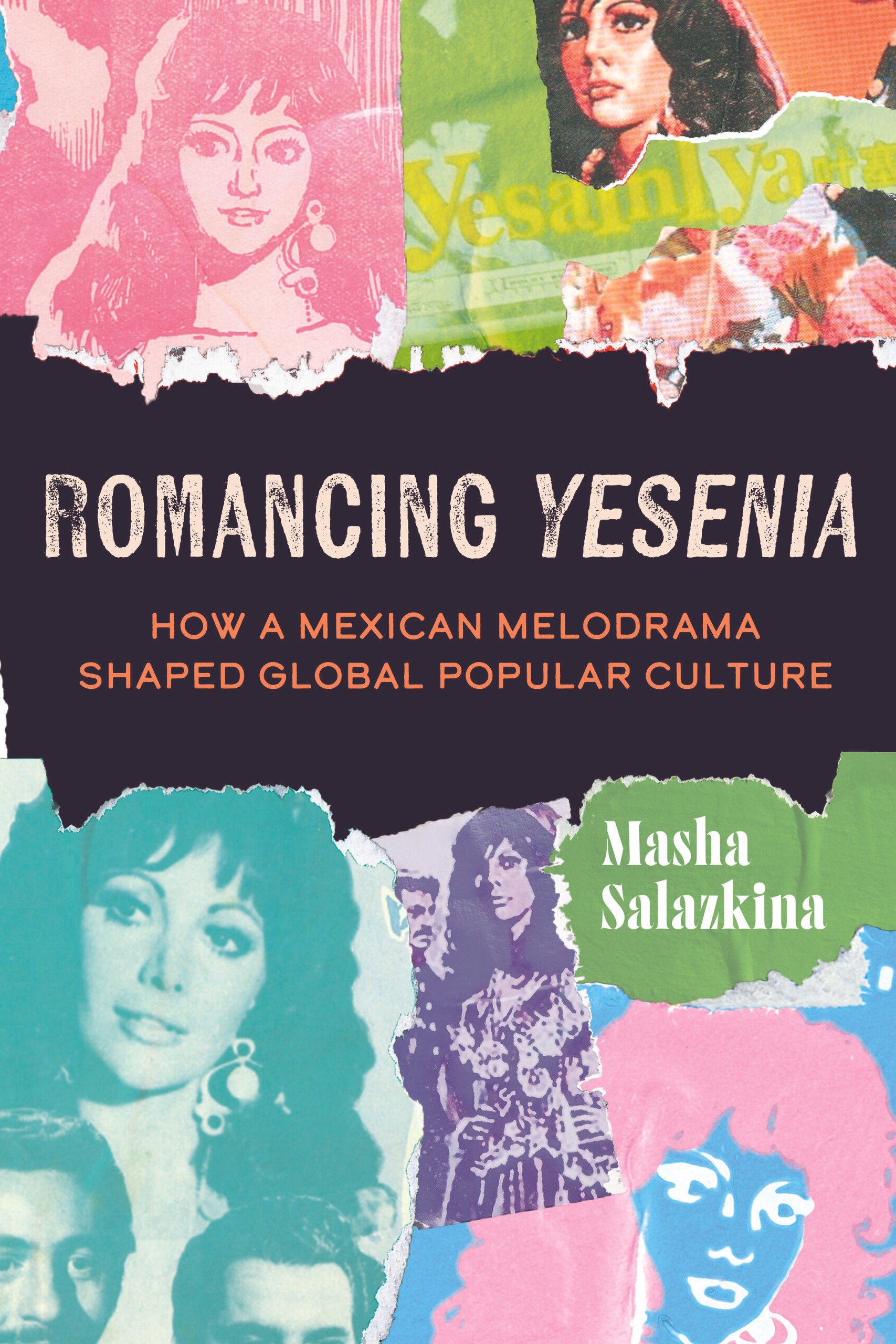About the Book
A free ebook version of this title is available through Luminos, University of California Press's Open Access publishing program. Visit www.luminosoa.org to learn more.
This book follows the production, transnational circulation, and reception of the highest grossing film in the history of Soviet exhibition, the 1971 Mexican romance Yesenia. The film adaptation of a telenovela based on a wildly popular graphic novel set during the Second Franco-Mexican War became a surprise hit in the USSR, selling more than ninety million tickets in the first year of its Soviet release alone. Drawing on years of archival research, renowned film scholar Masha Salazkina takes Yesenia’s unprecedented popularity as an entry point into a wide-ranging exploration of the cultures of Mexico and the Soviet Union in the 1970s and of the ways in which popular culture circulated globally. Paying particular attention to the shifting landscape of sexual politics, Romancing "Yesenia" argues for the enduring importance and ideological ambiguities of melodramatic forms in global popular media.
This book follows the production, transnational circulation, and reception of the highest grossing film in the history of Soviet exhibition, the 1971 Mexican romance Yesenia. The film adaptation of a telenovela based on a wildly popular graphic novel set during the Second Franco-Mexican War became a surprise hit in the USSR, selling more than ninety million tickets in the first year of its Soviet release alone. Drawing on years of archival research, renowned film scholar Masha Salazkina takes Yesenia’s unprecedented popularity as an entry point into a wide-ranging exploration of the cultures of Mexico and the Soviet Union in the 1970s and of the ways in which popular culture circulated globally. Paying particular attention to the shifting landscape of sexual politics, Romancing "Yesenia" argues for the enduring importance and ideological ambiguities of melodramatic forms in global popular media.

